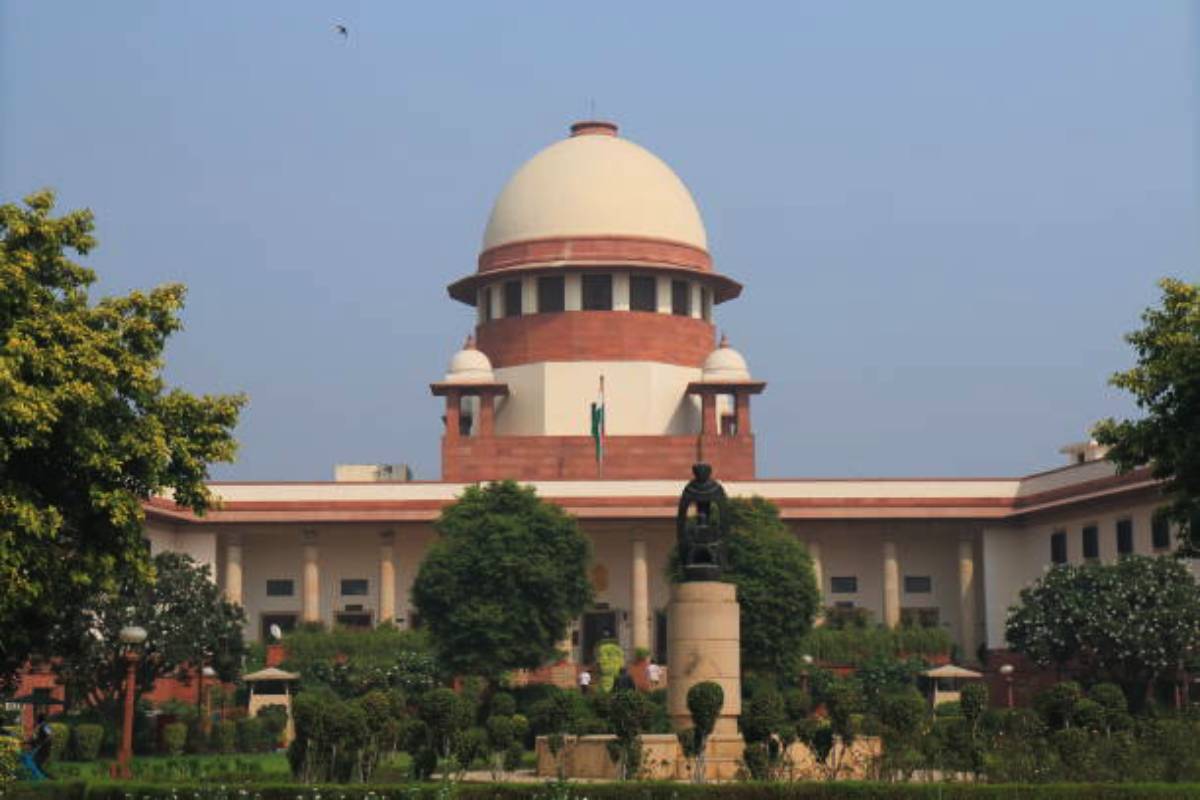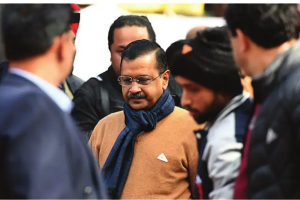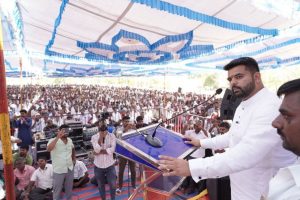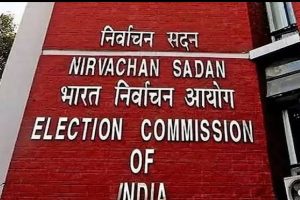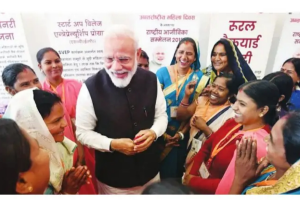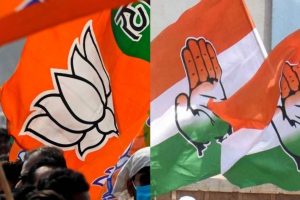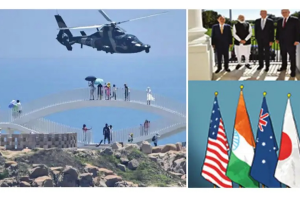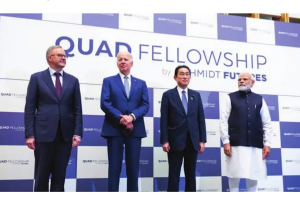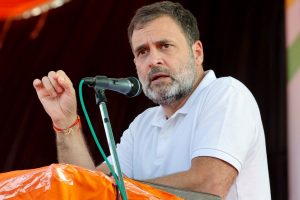The Supreme Court on Wednesday set aside the Bombay High Court order acquitting former Delhi University Professor G N Saibaba and four others, who are serving life imprisonment after being convicted by a trial court under the Unlawful Activities (Prevention) Act, 1967 for alleged links with banned Communist Party of India (Maoist).
The Bombay High Court had acquitted Prof. Saibaba and four others on October 14, 2022. However, in a special hearing on October 15, 2022 – that was Saturday – a top court bench of Justice M R Shah and Justice Bela M Trivedi stayed the order.
Setting aside the acquittal order and remanding the matter back to the high court for fresh consideration, a bench of Justice M R Shah and Justice C T Ravikumar asked the Chief Justice of the Bombay High Court to place the case before another bench since the previous bench had already formed an opinion that prior sanction was needed before prosecuting them.
The court asked the high court to hear the matter afresh and decide it within four months.
Apart from Saibaba, other accused acquitted by the high court included Mahesh Kariman Tirki, Pandu Pora Narote, Hem Keshavdatta Mishra and Prashant Sanglikar, who were sentenced to life imprisonment, and Vijay Tirki who was awarded 10 years in jail. Narote died during the appeal process.
On October 15, while staying the High Court order acquitting Professor Saibaba and four others and their consequent release, the top court had, however, said that the accused would be at liberty to move for bail.
The high court had acquitted four accused convicted by the trial court on the ground that sanction for their prosecution by the concerned authorities was vitiated and was an invalid sanction as there was non-application of mind on the part of the sanctioning/review authority and some material was not before the authority and no reasons were assigned while granting the sanction.
In the case of Prof. Saibaba, the high court discharged him on the ground that, at the time of taking cognizance and framing the charge, there was no sanction to prosecute him at all.
The Maharashtra government had approached the top court challenging the October 14, 2022 order of the Bombay High Court which discharged Saibaba and four others for alleged links with a banned Maoist outfit.
While staying the high court order on October 15, 2022, the top court had framed three questions that it had said were required to be adjudicated in the appeal by the Maharashtra government against the High Court order.
One of the questions framed by the top court was “Whether after the conclusion of the trial and the accused is convicted on merits and on appreciation of evidence whether the appellate Court is justified in discharging the (four) accused …on the ground of irregular sanction, if any?”
The other question relating to the acquittal of Prof. G.N. Saibaba was “In a case where the … trial Court has convicted the accused on merits on appreciation of the evidences on record …, whether the appellate court is justified in discharging the accused on the ground of want of sanction and/or irregular sanction, more particularly, when the objection with respect to no sanction was not specifically raised … during the trial …” and finally what will be consequences of not raising the dispute with respect to sanction during the trial.
Prof. Sainaba were sentenced to life imprisonment by the Sessions Court at Gadchiroli, Maharashtra in March 2017 for offences under various sections of UAPA and Section 120 B of the Indian Penal Code for alleged association with Revolutionary Democratic Front (RDF), which was alleged to be an affiliate of outlawed Maoist organisation.
They were convicted for indulging in activities “amounting to waging war against the country”.

